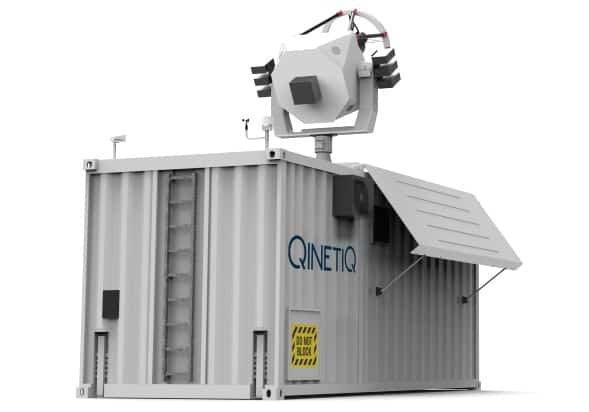
Awarded by the Defence Science and Technology Laboratory (Dstl), the Optical Ground Station (OGS) will support Dstl’s Space Programme by providing a solid platform on which to undertake research into free-space optical communications (FSOC) from space.
The OGS will directly support the “Titania” Capability Demonstrator that aims to develop the science and demonstrate the military utility of Low Earth Orbit (LEO) Direct-to-Earth (DTE) free space optical communications. This supports the concept of Information Advantage (IA), by providing the ability to increase the rate at which data can be transferred from space, whilst also increasing resilience and protecting our data in Radio Frequency (RF) contested and congested environments.
Initial emphasis will be on rapidly transferring Intelligence, Surveillance and Reconnaissance (ISR) data from satellites in Low Earth Orbit (LEO) to the ground. Additionally, this leading edge science will inform choices for future LEO programmes, and will be investigated as a communications technology for interconnected orbits and for the Skynet 6 programme.
James Willis, Group Managing Director Cyber and Information at QinetiQ, said: “This is a fantastic opportunity for QinetiQ that continues to expand our world-class capabilities in free space optical communications for defence and supports our ambition to deliver enhanced communications capacity to UK Ministry of Defence (MOD) whilst enabling operations in RF denied environments.”
Mike O’Callaghan, Space Programme Manager at Dstl, said: “The use of space-based optical communications offers many military benefits: potentially large data rates, low probability of interception/detection, and freedom from spectrum management. The OGS will provide a solid foundation on which to conduct experimentation into FSOC and allow the science to be developed”.












